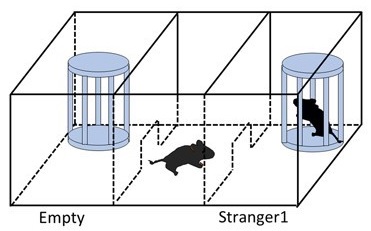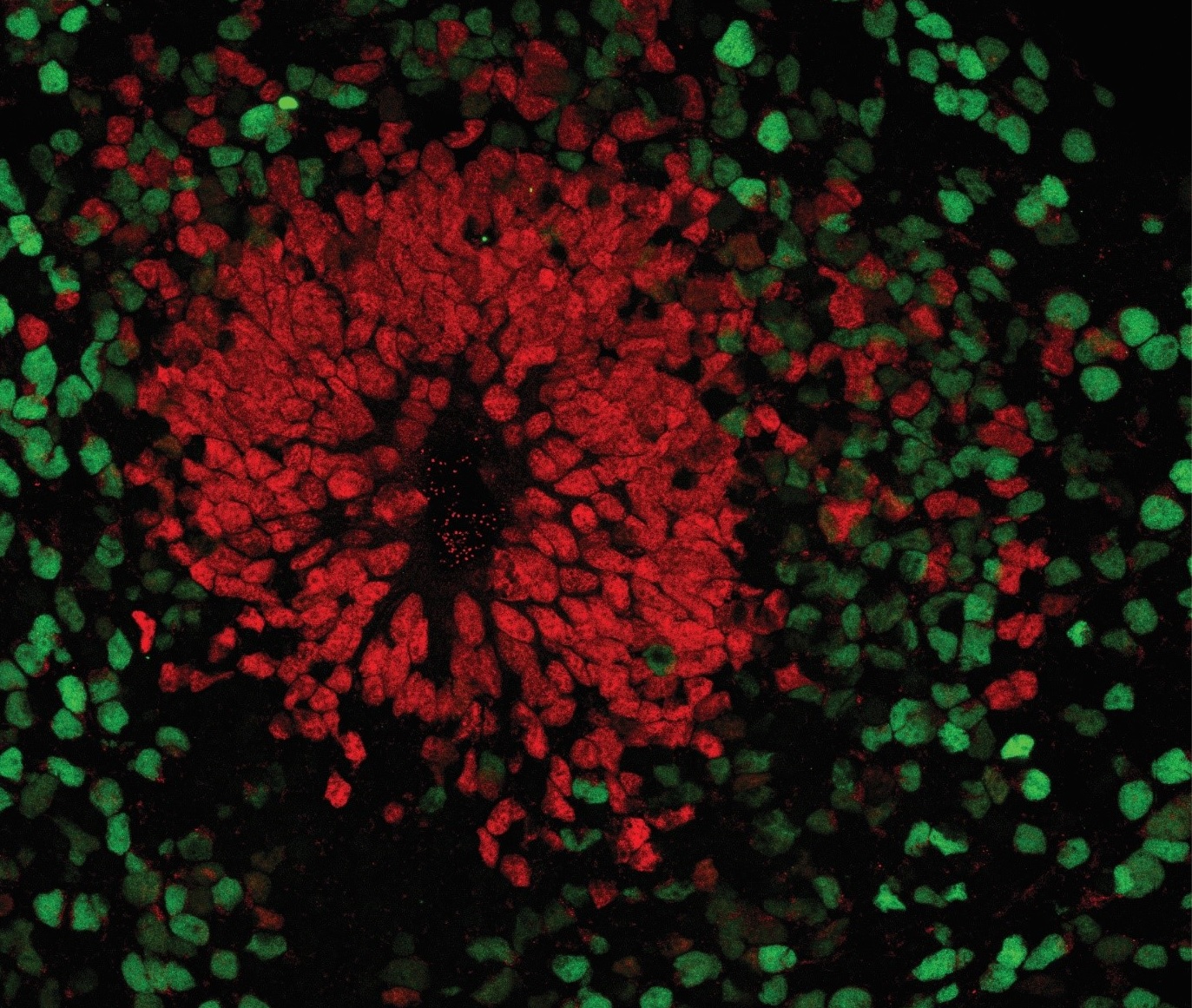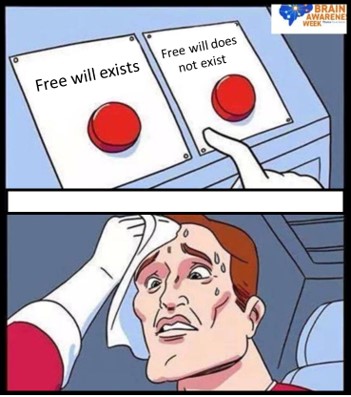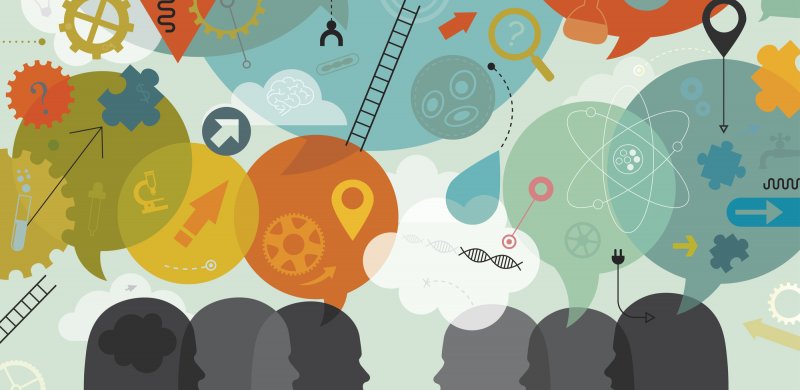Journey logbook of a Ph.D. student (Marcos Sintes)
Hello everyone, my name is Marcos and I would like to tell you how my journey to become a Syn2Psy Early Stage researcher at Imperial College London began. I could not pinpoint the exact moment that my passion for science started, but I know I was very young. As a child I spent the mornings with my eyes glued to the ground, observing the daily life of the small creatures that crawled it and pretending to be a naturalist or explorer discovering the exotic species of a distant land. I would imagine myself following the steps of great scientist like Charles Darwin, setting foot on the Beagle, and navigating for years to unexplored shores, describing unknown ecosystems and facing all kinds of misadventures.

As time went on, these aspirations became more and more tangible. By stripping them of part of that childhood romanticism, science became a realistic career to pursue. I followed all the necessary steps: high school, university and master’s degree. And finally, in 2019, the beginning of my Ph.D. I did not have to get on a boat and sail to unknown territories, but this adventure took me to the not-so-distant but kind of exotic land of England. Since then, I have been facing some of the expected challenges that come with moving to a different country and starting a new job, and some very unexpected ones, like a global pandemic. But most of all, I find myself doing what I always wanted, doing interesting scientific research.
I decided to document my odyssey across Europe, and I would like to share with you some of the most relevant entries:
September 17, 2019. Day 1:
All journeys have a beginning. Mine is leaving my home country, my loved ones and my whole previous life behind and embark on this new adventure. All my essential belongings are packed, carefully chosen to make the transition to my new home as smooth as possible. I said goodbye to my family at the airport and proceeded to go to the plane that would take me to the next chapter of my life. A short-rental accommodation in Kensington will be my temporary home for the next few weeks before leaving for Coimbra. After unpacking my luggage, I decided to make good use of the rest of the daylight time and go for a stroll to explore the neighbourhood. I am now going to bed early, equally nervous and excited. Tomorrow I will officially start my PhD and go to the lab for the first time.
October 5, 2019. Day 19:
This last week was quite intense. The day after arriving in Coimbra I became acquainted with my travel companions: thirteen fellow passionate Early Stage Researchers from all over the world who decided to follow their love for science. We spent the first days getting to know each other and our unique personalities, sharing our background and motivations. The festive atmosphere made everything easier, as the start of the new academic year is quite an event in this city full of students. We also had the opportunity to live our first academic experience as Ph.D. candidates, attending to interesting classes at University of Coimbra. Overall, I found these last few days to be a thrilling introduction to what is yet to come. Now it is time to go back to London and truly start my new project.

November 25, 2019. Day 70:
Today I did the first round of behavioural experiments of the first part of my project. We used the three-chamber test to determine how sociable a group of control mice are. In this test, a subject mouse is placed in the centre of an apparatus consisting of three contiguous chambers, and over several minutes it can decide whether to spend time with a novel mouse situated inside an enclosure in one of the chambers, or with an empty enclosure in the opposite chamber. This simple tool, developed by the group lead by neuroscientist Jacqueline Crawley in 2004, will be instrumental in determining the sociability of our mouse model for autism.

December 31, 2019. Day 106:
Today is the last day of a year that has brought so many changes to my life. It is also the first time I will spend New Year’s Eve far away from my family. This has served as a reminder of how important our connections are to us and how easy it is to take them for granted. Scientific work is very demanding and sometimes it is easy to get lost in it, but finding the time to take care of all the aspects of our life that are important to us, is key to avoid burning out.
June 15, 2020. Day 242:
Almost three months ago I had to say goodbye to my colleagues and my experiments and face the first big challenge that the new global situation would bring to my project: the closure of Imperial College. Being forced to stay away from the lab, I decided to spend that time with my family and travelled back to Madrid, where I stayed with my sister and my three cats. Despite being the first time in months that I was this close to my friends and family, I felt really isolated. As in many other places, lockdown in Spain was hard. For two months we were not allowed to go outside for anything else than buying groceries and other essential tasks. Although I could adapt well to working remotely and kept my project going, these months will probably have a long-term impact on it. Today I came back to the lab and saw my co-workers face to face for the first time in a long time. I am eager to resume my experiments and keep doing fascinating research.
October 5, 2020. Day 385:
It feels strange to realise that it has been over a year since my journey started. Today the Syn2Psy Online Ph.D. Day took place, and it gave me the great opportunity of seeing all the ESRs again and know how their projects have been going since we started the Ph.D. All of them have been doing excellent science despite the difficulties. We had a day full of fascinating presentations and intriguing scientific discussions.
This concludes the beginning of my journey. It is not only my scientific journey, but also one of the milestones of my life. And it is a rocky beginning, I know. Nobody could have imagined we would have to face challenges like this so early in the millennium. We have spent decades envisioning all kinds of dystopic futures in books and movies, but reality has proven to be quite different from what we had ever thought. This experience has taught us that even in the worst global scenarios, life goes on and mundane things keep happening and filling our days. During these difficult times I have found comfort in my work. Having the opportunity to keep walking the path I chose in a time like this means a great deal to me. I hope this is just a bump in all our journeys, but even if it is not, I can say that this unusual situation has further consolidated my love for science. Watching healthcare professionals and scientists working together to minimise the impact of the pandemic has been at least as inspiring as the stories of 19th-century naturalists were to the five-year-old me. I feel now more motivated than ever to give all I can to help in the advance of science and I strive to contribute to a brighter future for all of us.
By Marcos Sintes




Be the first to reply